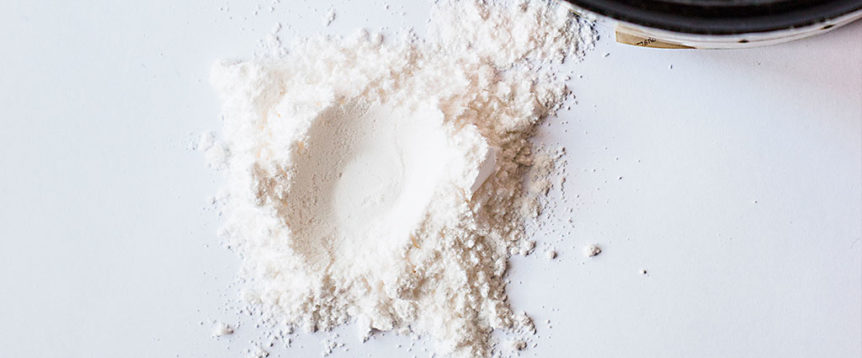› Health benefits
Aging
Decline in mitochondrial function is believed to contribute to aging, and carnitine may be involved. The concentration of carnitine in tissues declines with age, reducing the integrity of the mitochondrial membrane. Although no studies have been conducted with humans, research in aging rats has shown that high doses of acetyl-L-carnitine and alpha-lipoic acid reduced mitochondrial decay and improved performance on memory-related tasks.
Other studies have shown that using L-carnitine may improve mental function and reduce mental deterioration in older adults with minor cognitive impairment and Alzheimer’s disease. Subjects in this study took 1.5 to 3 grams a day for three to 12 months.
Cardiovascular and peripheral arterial disease
Several studies have shown that supplemental amounts of carnitine (levels can be low in the failing heart muscle) may counteract the toxic effects of free fatty acids and may improve carbohydrate metabolism. Several studies have shown that patients who suffer from claudication, which causes difficulty in walking or exercising, showed improved walking distance and speed after being given doses of carnitine.
Type 2 diabetes
Insulin resistance, an important factor in the development of type 2 diabetes, may be associated with a defect in fatty-acid oxidation in muscles. This could mean that mitochondrial dysfunction may be a factor in development of the disease. Some research has shown that supplementation with L-carnitine may improve insulin sensitivity in diabetics. A clinical trial of subjects with either type 1 or type 2 diabetes found that 3 grams of acetyl-L-carnitine daily provided significant relief of nerve pain, and improved vibration perception in those with diabetic neuropathy.
Male infertility
Carnitine content of seminal fluid is directly related to sperm count and motility. Because of this, carnitine may be of use in treating male infertility. Several studies have shown that 2 to 3 grams of carnitine daily for three to four months may improve sperm quality. Another study has shown that 2 grams of carnitine a day for two months increased sperm concentration and both total and forward motility in 100 infertile men. Another trial showed no difference in motility or count. More studies are needed for a clear answer to this.
› How much do I need?
The average person obtains 60 to 180 milligrams of carnitine a day from food. Supplemental dosages depend on the person and the reason for taking it. Carnitine may cause vomiting, nausea, abdominal cramps, diarrhea and a fishy body odor.
› In food
Carnitine can be found in food products such as meat, fish, poultry and milk.
› Dietary supplements
There are several types of carnitine that may be bought over the counter as dietary supplements.
Source: National Institutes of Health, Office of Dietary Supplements
Please consult your health care provider before making changes to your vitamin/supplement regimen.


